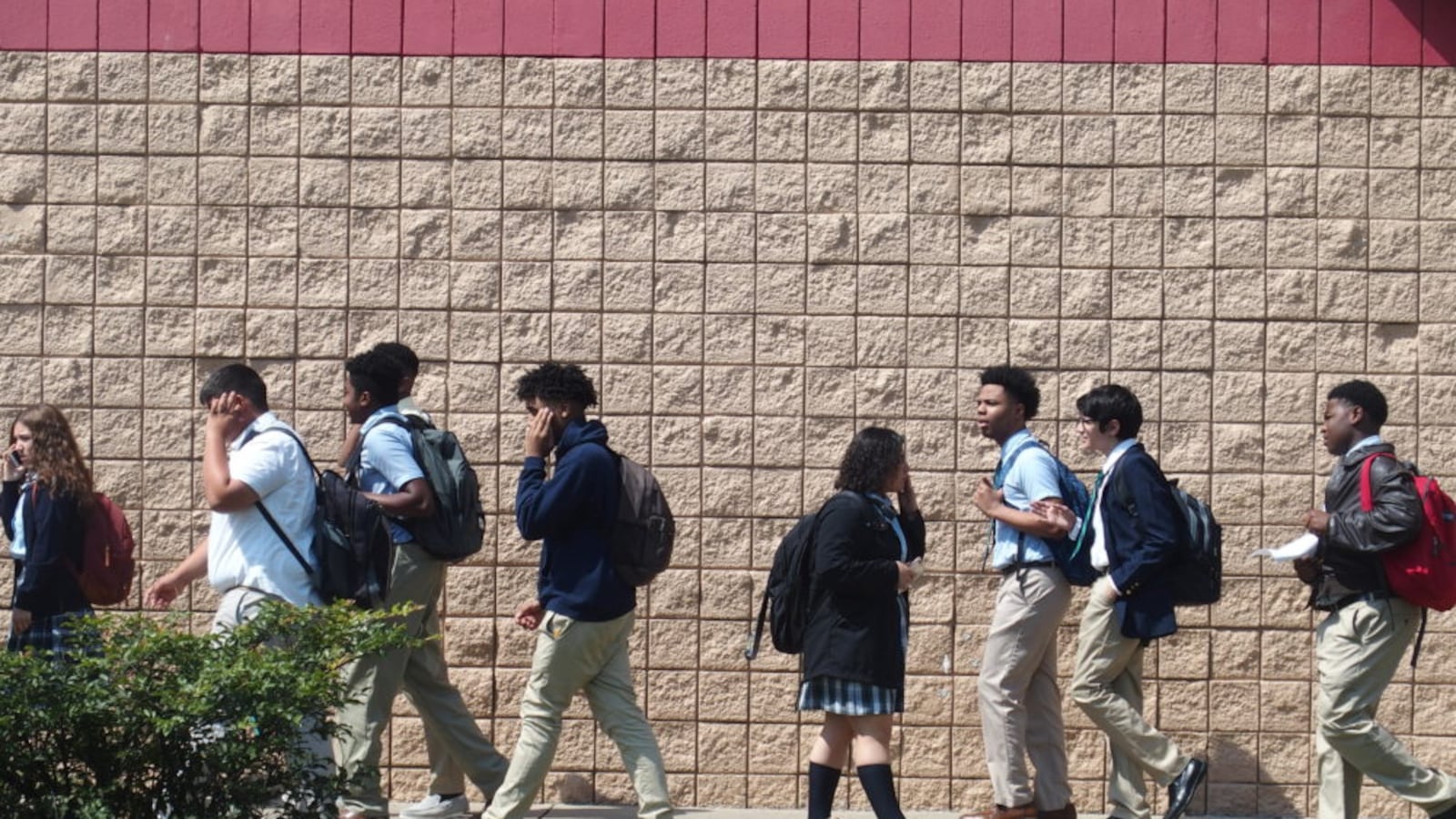Add rising tuition to the challenges facing K-12 students in communities like Detroit as they strive toward a college degree.
Budget cuts at Michigan’s public universities are disproportionately hurting black students by making it more difficult for them to attend college, a new report argues.
The report, by The Century Foundation, a Washington, D.C.-based nonpartisan think tank, declares a “college affordability crisis in Michigan.”
It isn’t clear how many students don’t attend college due to rising tuition costs versus other factors — just 28 percent of students who graduated from the Detroit Public Schools Community District in 2017 completed one year of college credits within a year of graduation. But the report suggests that affordability hurts college attendance rates in communities of color.
Its authors argue that two decades of budget cuts in Lansing have made it more difficult for families — especially African-American families — to send their children to college. Detroit has the largest proportion of African-American residents — 79% — of any major American city.
Students who earn bachelor’s degrees can expect to earn far more over their lifetimes than those with only a high school diploma.
Among the report’s key points:
- Michigan is among the bottom 10 states in higher education spending as a percentage of the state budget
- State spending per student has declined by 40% since 2000
- Tuition per student at public universities in Michigan has more than doubled since 2000
- African-Americans are half as likely as the general population in Michigan to get a bachelor’s degree. Researchers noted that the price of public college takes up a greater share of a typical black household’s income than of a typical white household’s income.
To read a summary of the report, click here. The full report is below.

